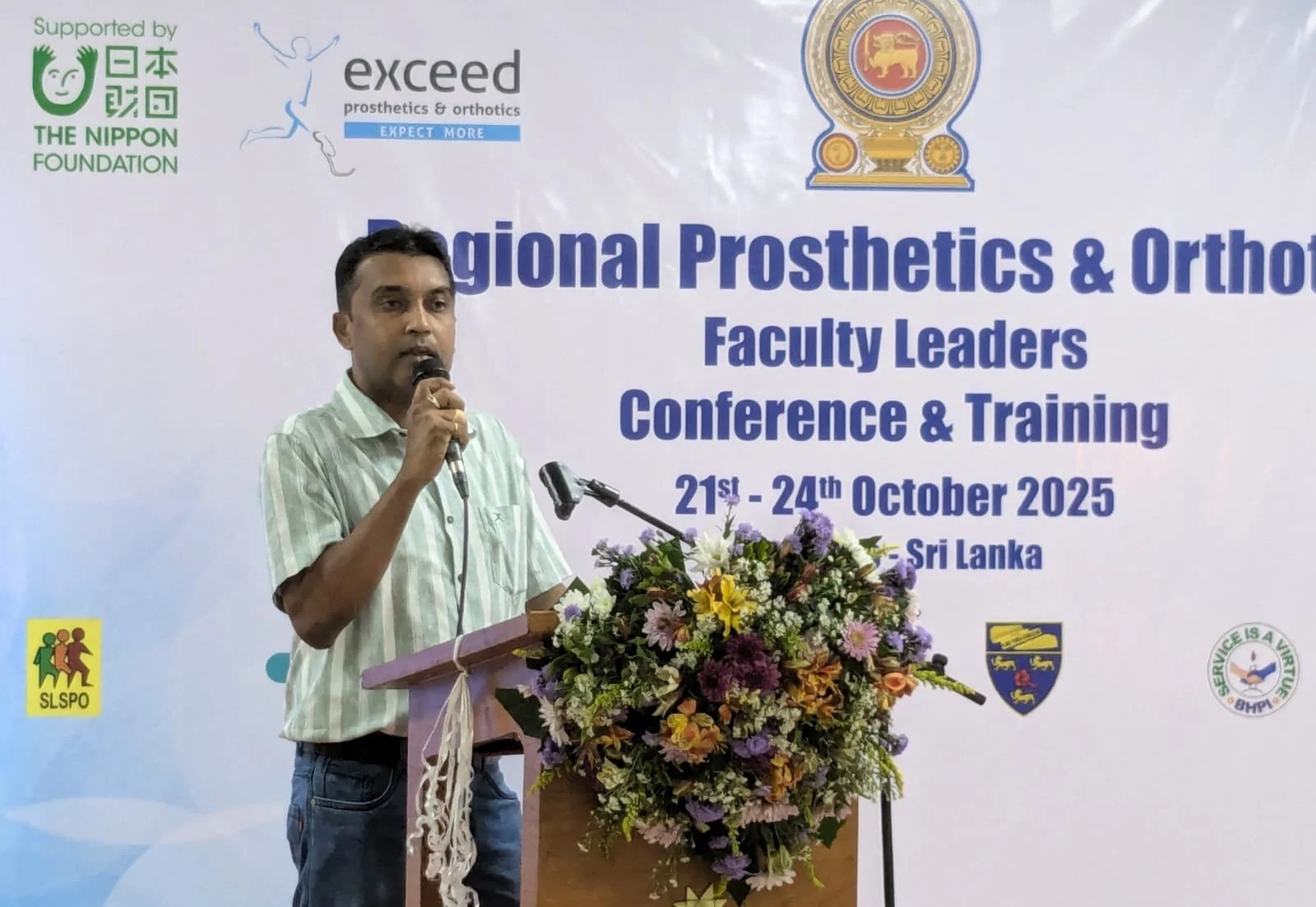This year, International Prosthetics and Orthotics Day takes place on 5th November and we invite the global community to join Exceed and the International Society for Prosthetics and Orthotics (ISPO) to celebrate the transformative impact of prosthetic and orthotic (P&O) products and the professionals who design, make, fit and maintain these devices.
The theme for 2025 is ‘Products – Advancing Access, Innovation and Quality’, to emphasise the diversity, creativity and human-centred design behind P&O technologies designed to restore mobility and promote dignity and independence.
Exceed is a leader in P&O education in lower resource settings and our specialist P&O school in Cambodia, based at the National Institute for Social Affairs has trained P&O clinicians and technicians from 30 lower and middle income countries, enabling these professionals to bring much-needed services to countries and regions in which millions struggle to access high quality P&O services.
Access and sustainability are key issues for P&O, especially in resource-limited settings, and Exceed works with Governments and other partners in the public and private sectors to develop service delivery models and create the resources needed to provide services which are sustainable and accessible to everyone who needs the lifelong support provided by P&O professionals.





















